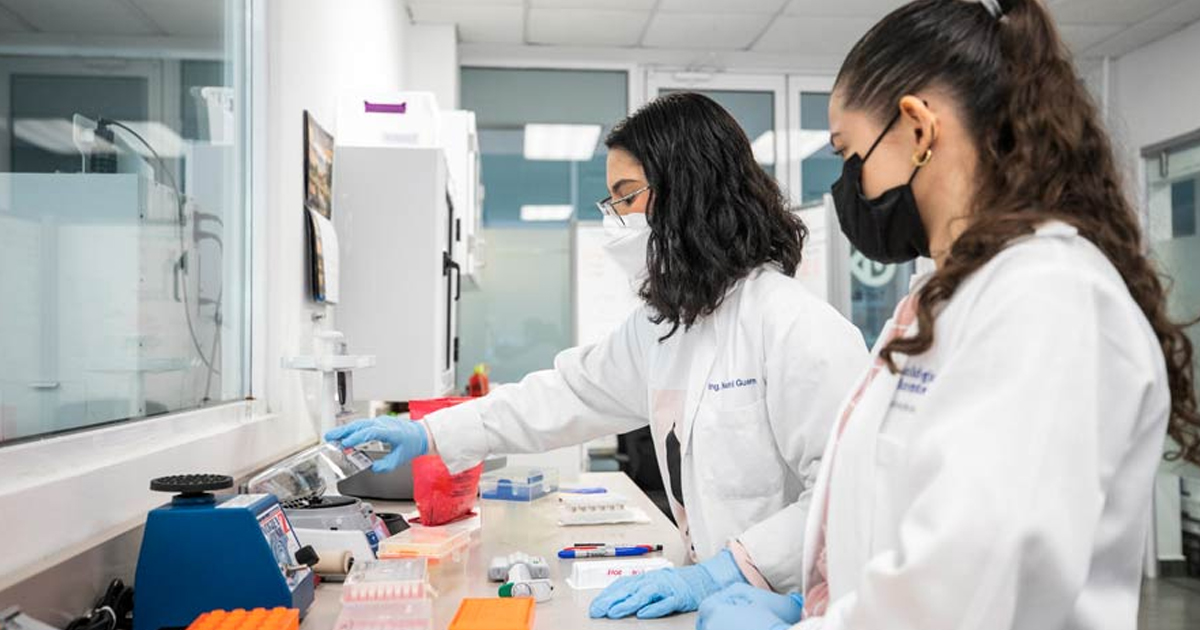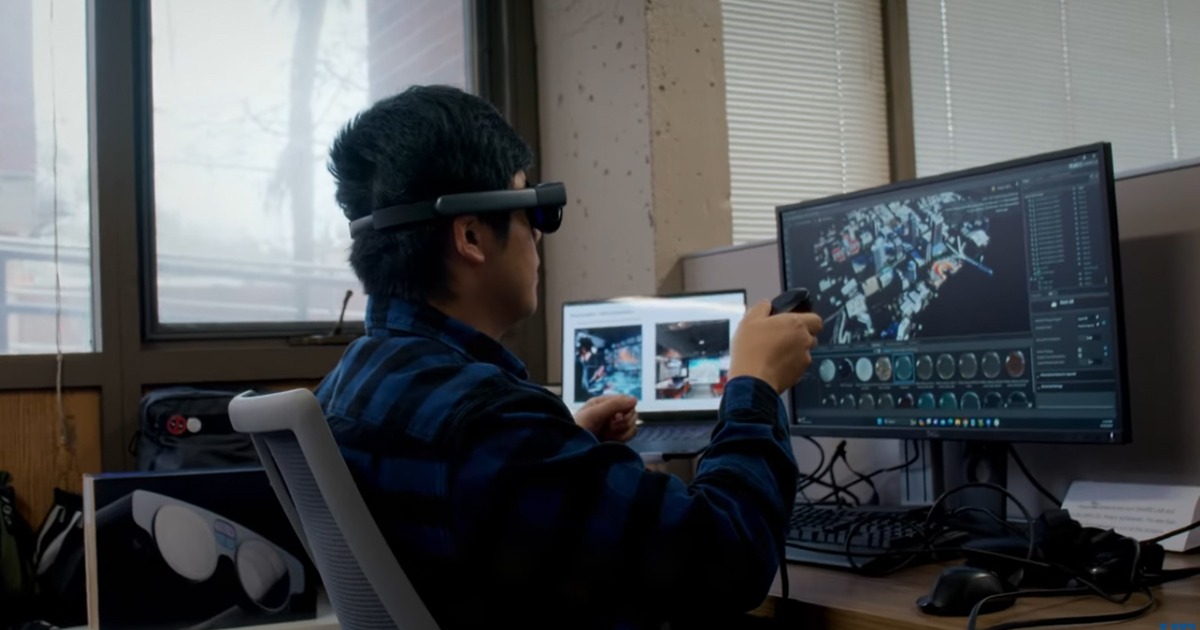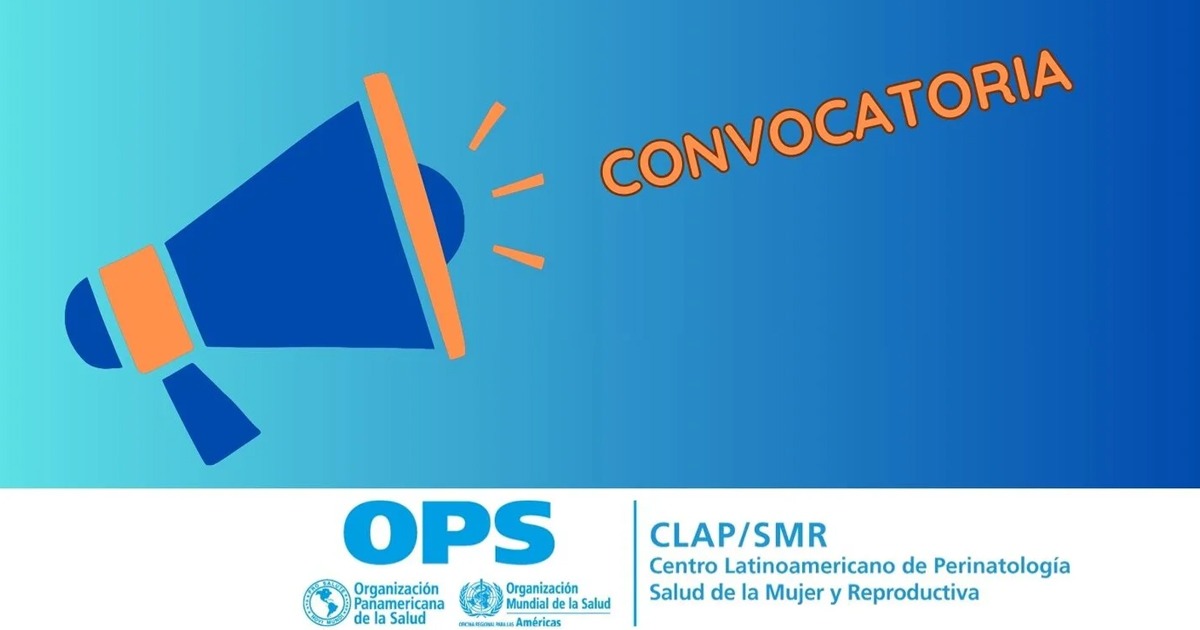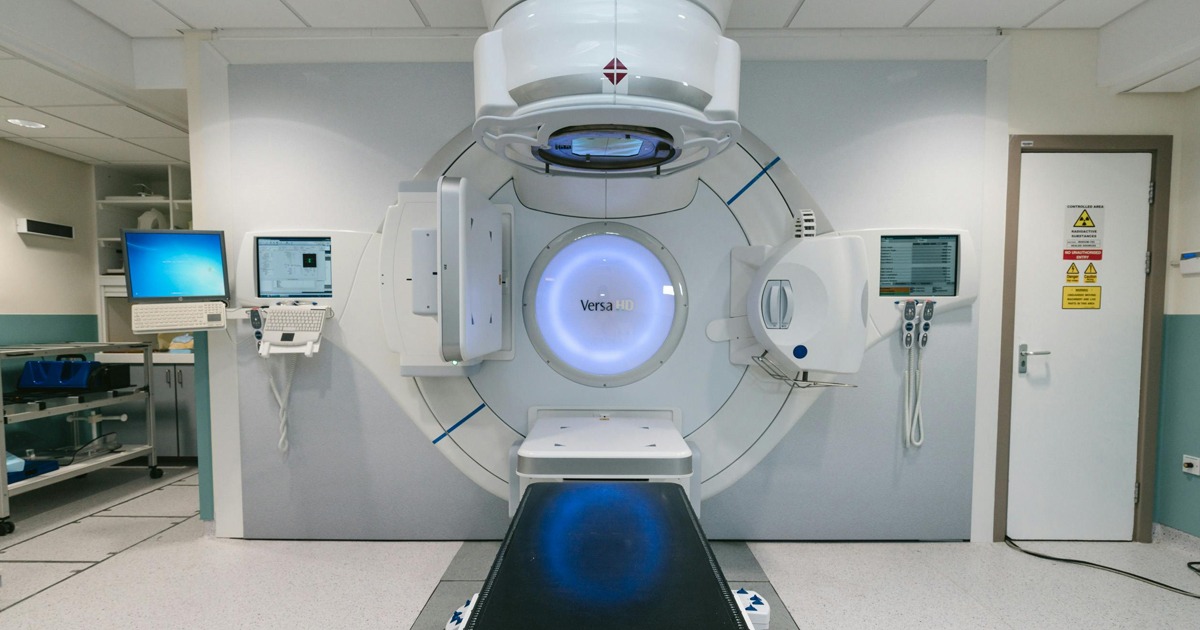The Tecnológico de Monterrey's OriGen Project is an initiative that seeks to understand the Mexican genome and discover components within the DNA associated with the most common diseases among the Mexican population and develop strategies.
TecSalud, from Tec de Monterrey, in collaboration with the National Institute of Genomic Medicine (INMEGEN), will analyze DNA samples from 100,000 Mexicans over the next few years, with the aim of finding answers to the diseases that most affect Mexicans. "Collective information will allow us to find real solutions to the most important health problems in Mexico," said Guillermo Torre, rector of TecSalud, during the presentation.
The purpose of this project is to generate a database of genetic information that has the potential to provide rapid and accurate diagnoses of diseases. However, it is a long process that, just for data collection, will cover from 2021 to 2025. The 100,000 Mexicans will be recruited in four stages, 5,000 in 2021-22, 15,000 in 2022-23, 30 thousand in 2023-24, and 50 thousand in 2024-25.

In this way, Project oriGen will have 5 phases:
- Recruitment: Volunteers must be Mexican and at least 18 years old. All participants must complete a protocol with general information.
- Sample processing: Samples from volunteers will be obtained from five to six milliliters of blood from the circulatory stream. Later they will be protected and stored in optimal conditions.
- Genome sequencing: It will be carried out in the Genomic Sequencing Laboratory and will decode the DNA of the volunteers' samples. In this technique, it determines the exact sequence of the four components of the DNA molecule: Adenine (A), Cytosine (C), Guanine (G) and Thymine (T)”, explains TecReview.
- Bioinformatics process: It will seek to order the information obtained from the sequencing and extract the most relevant data. These data will be correlated with illnesses and diseases for the generation of strategies that allow their prevention or early attention.
- New research strategies: The final step is to develop prevention strategies for diabetes, cancer, and hypertension.
“There are no studies of this type and of this size in the Latin American population. The existing jobs are from Mexicans or Latinos who have enrolled in American and European projects. There are similar studies available in the rest of the world, but Latin Americans are underrepresented, so the genetic content and its association with diseases in Mexico is going to be novel," said Gerardo García, director of Translational Research at TecSalud.
Learn more about the oriGen Project and how to participate: https://content.tecsalud.mx/proyectoorigen





